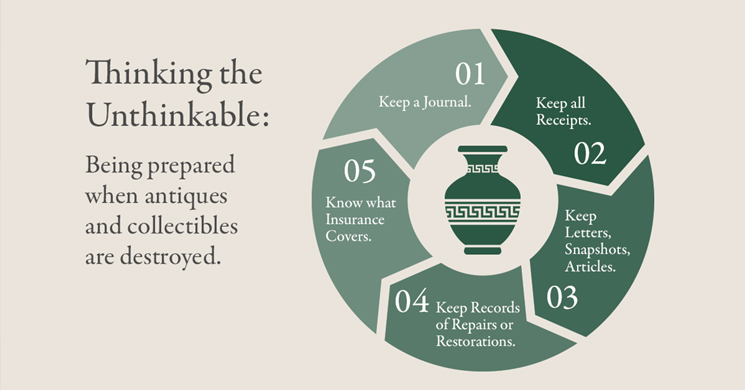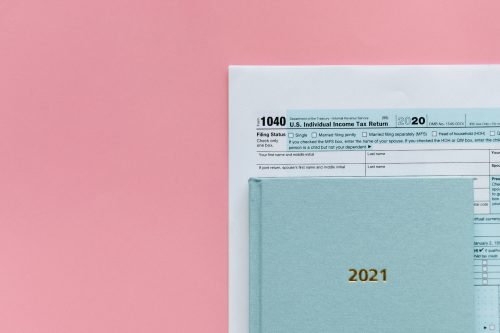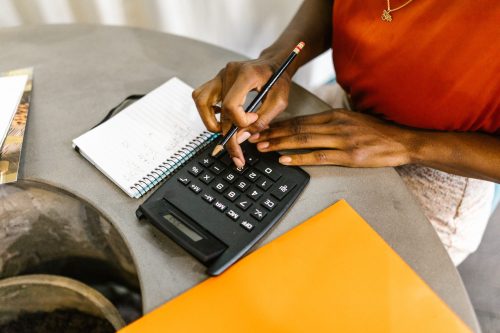When large storms and natural disasters occur, it can be important to consider best practices for dealing with insurance companies in general and particularly as it involves antiques and collectibles.
Read the Fine Print
While it’s tempting to avoid, a thorough policy review with your insurance agent is recommended before signing on the dotted line. Insurance policies generally aim to provide the cheapest policy for the minimum amount of coverage needed or that is acceptable to the lender financing your home. That’s not an issue until a claim is filed and you find yourself significantly underinsured.
Statistics show that the average homeowner in the U.S. is about 25% underinsured. In the California coastal regions and the Eastern Seaboard, where many homes are worth a million dollars or more, that means you would be responsible for covering $250,000 or more out of your own pocket. Very often, contents and outbuilding are also underinsured. Landscaping and other special features may not be covered at all.
It’s important to realize that the terms “market value” and “replacement cost” mean very different things in the insurance world. If your flat screen TV is destroyed in a flood, for example, “market value” means you will get the price that a similar model is trading for in the used marketplace (i.e., eBay). “Replacement cost” means you can get a brand new TV, and it will be covered completely. It’s vitally important to review your policy with your agent. Make sure you have the coverage you need at a cost you can afford; this leaves less to chance in the event of a disaster.
When it comes to antiques and collectibles, being prepared is the best defense when dealing with an insurance company. If you have items such as fine art, wine or jewelry, you need to add special riders to your existing homeowners policy for coverage or deal with specialist companies. Chubb, AXA and Lloyd’s of London all work in these areas. Hagerty Insurance is a specialist in collectible and exotic cars.

Chubb recommends taking the following steps to ensure maximum coverage for your valuable antiques and collectibles:
- Keep a journal or log book for your collectibles with photos and keep notes on each item. Update it annually.
- Keep all receipts from the original sales of the items and documents that deal with age and provenance. Also keep auction catalogs if that is where your items were purchased.
- Keep any letters, snapshots or news articles that describe the item.
- Keep records of any repairs or restoration done to the item along with copies of any written appraisals provided to the insurance company.
- Know what the insurance covers and increase it if the value goes up.
Make several copies of your inventory and photos. Keep one at home, one at the office and send one to a friend or relative somewhere far away. It’s not going to be much use if it’s at your friend’s house down the road, and he gets flooded as well.
Capturing your collectibles and antiques, along with your whole house, on video also is a good idea. It is ideal to do this when you have plenty of time to provide commentary on each room and each item. Once recorded, make several copies of the digital recording and store them at different locations.
Here are some other general guidelines to keep in mind when insuring your collectibles and antiques:
- Make sure your contents are covered for replacement cost.
- Be sure that you have “all risk” and “special perils” coverage.
- Inquire about a policy that provides broad coverage for losses that occur anywhere.
- Make sure there are no exclusions for antiquities or rarities.
- If the item is unique, ask how the claim will be settled if it is impossible to replace the item.
The more prepared you are today; the better off you will be if the need arises one day to file an insurance claim. Nobody expects to become a victim of a natural disaster and be forced to deal with a complex claims process to rebuild or repair a home or replace belongings. Documentation is the best defense against being forced to settle for less than the full value of your lost possessions.










